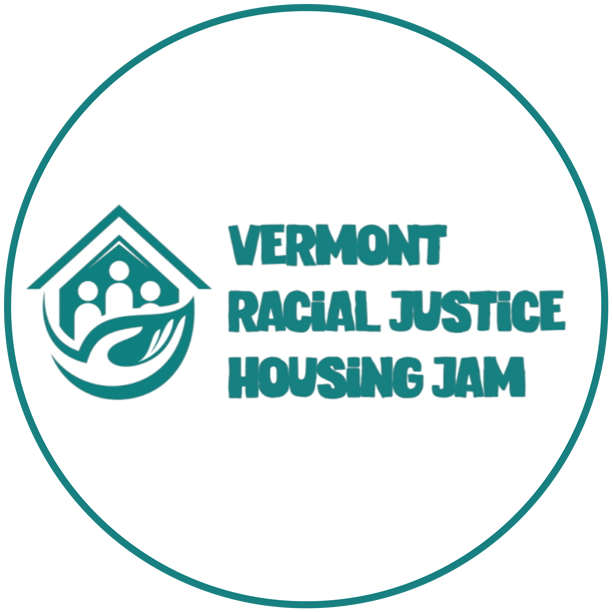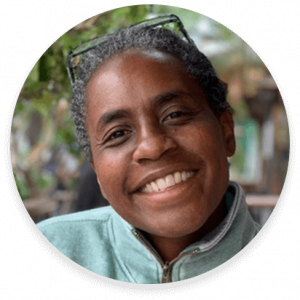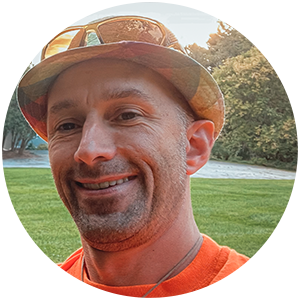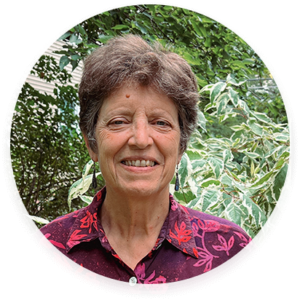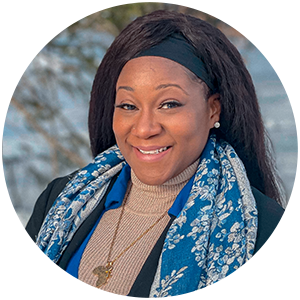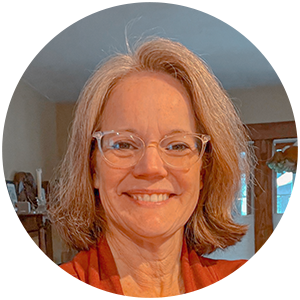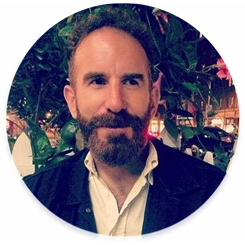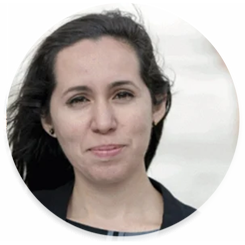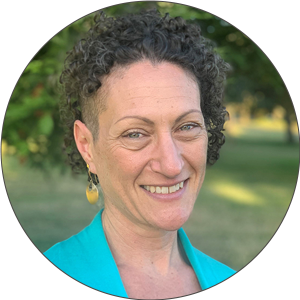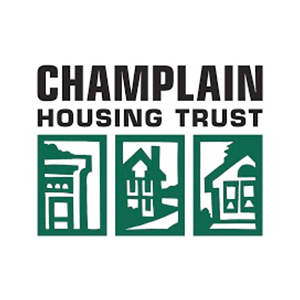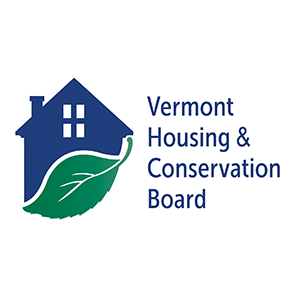Tony Pickett is Chief Executive Officer for Grounded Solutions Network, the nation’s leading expert for inclusive affordable housing policies and programs – such as community land trusts (CLTs), deed-restricted housing, and inclusionary housing. Tony’s 35 years of community development leadership and accomplishments are collectively described by peers and collaborators as innovative—thinking about and achieving equitable outcomes in a comprehensive and cross-disciplinary manner. His exciting 10-year expansion vision for “Lasting Affordability in Housing Now” to achieve one million new affordable housing units, has launched new initiatives and strategic partnerships with support from the Robert Wood Johnson Foundation, The Kresge Foundation, the Colorado Health Foundation, Meyer Memorial Trust and NeighborWorks America.
During Tony’s tenure as CEO of Grounded Solutions Network, the organization as has been featured in national news publications such as Bloomberg Businessweek, the New York Times, Wall Street Journal and Washington Post. Tony is frequently engaged as an expert housing practitioner, thought leader and public speaker for national housing industry convenings sponsored by the Federal Home Loan Banks, Urban Land Institute, National League of Cities, National Community Reinvestment Coalition, Lincoln Institute of Land Policy and Habitat for Humanity.
He currently serves on the Board of Directors for the Up for Growth Coalition, Trust Neighborhoods and Vermont Energy Investment Corporation. He is also a founding member of the national community development sector CEO Circle.
Tony is a graduate of the Cornell University School of Architecture, Art and Planning, with a successful 30+ year career that includes his LEED accredited professional credentials and experience spanning award winning architectural design, master planned residential development, public housing agency senior real estate management, nonprofit senior leadership and professional consulting.

